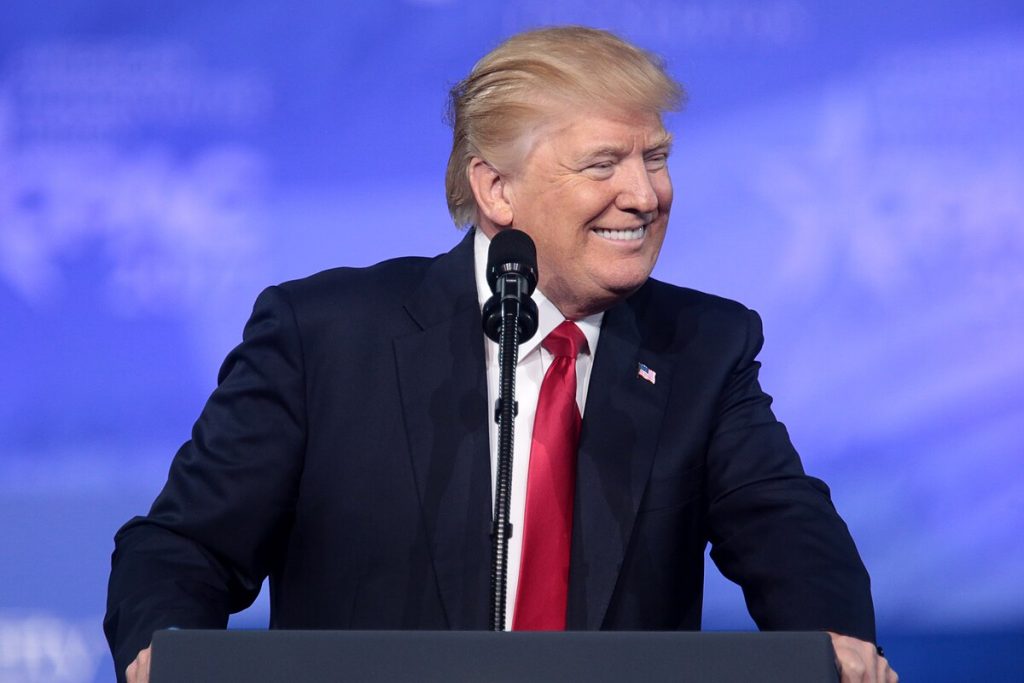
Photo by Andre Moura: https://www.pexels.com/photo/vinyl-records-discs-and-three-cassette-tapes-2563017/
Music lovers and collectors, you can breathe a sigh of relief. Despite sweeping new US import tariffs that took effect on August 29, your beloved vinyl records, CDs, and cassettes have been spared. While the new policy targets a vast number of goods entering the country, a long-standing classification has protected physical music formats, ensuring your international crate-digging adventures won’t come with an unexpected tax bill.
The End of the ‘$800’ Duty-Free Rule
The core of the change revolves around the “de minimis” rule, which previously allowed packages valued at $800 or less to enter the US without any import duties. Citing a massive surge in low-value shipments from 134 million in 2015 to 1.36 billion in 2024, the Trump administration eliminated this threshold to crack down on what it called a “pipeline for criminal shipments.” This move was expected to drive up costs for small and medium-sized businesses by over $71 billion and has already caused major international carriers like DHL, Swiss Post, and Japan Post to halt many shipments to the US.
Why Music Collectors Are in the Clear
Fortunately for music fans, US Customs and Border Protection (CBP) confirmed that physical media falls under a special category. According to federal law, items like phonograph records, compact disks, and tapes are classified as “information materials,” which are exempt from such trade restrictions. This means that whether you’re buying a rare Japanese pressing or a limited-edition box set from the UK, it should arrive without any surprise tariffs.
To help navigate these changes, online music marketplaces like Discogs and Bandcamp have issued guidance to their sellers. They are advising merchants to be explicit on customs forms, using descriptions like “Informational Materials: phonograph (vinyl) record” and the correct Harmonized System (HS) codes. While Discogs noted it “can’t guarantee how US Customs and each postal carrier will implement these exemptions,” this proactive step is the best defense against any potential confusion at the border. So, for now, you can continue building your collection without fear of extra fees, as the music itself remains free from these new trade barriers.









